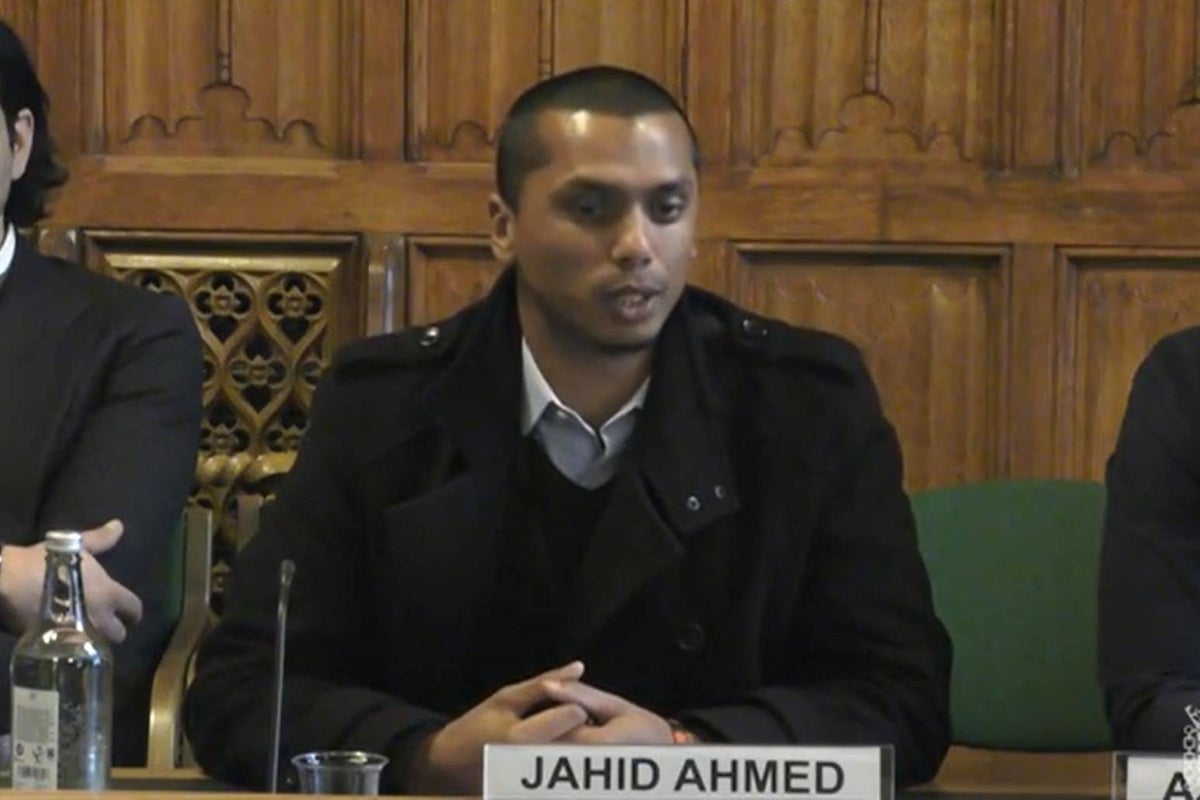
Essex are consulting with their legal team on whether they can grant former player Jahid Ahmed access to the sections of the full independent report on racism at the club which relate to him.
Allegations of racial discrimination from Ahmed, along with Zoheb Sharif and Maurice Chambers, led to Essex commissioning Katharine Newton KC to investigate back in 2021.
Newton’s summary report was published last Friday and found former Essex players including Ahmed, were subject to racist abuse and discriminatory treatment during their time at the club.
Ahmed called earlier this week for the right to see the full report, or at least those sections relevant to his experience at the club, and told the PA news agency it would help bring him “some closure” on the matter.
Essex say they are looking into the possibility of sharing with him those relevant sections.
“We understand Jahid’s desire for closure and how the report feeds into this, but we have to consider that we have a duty of care to everyone named,” a club spokesperson said in a statement issued to PA.
“We’re exploring Jahid seeing the parts of the report that relate to him. We’ve taken his thoughts on board and spoken to his lawyer, and we are now consulting with our legal team.
“There are legal considerations for us to take into account with him seeing the full report, but we’ll continue to have conversations to see if we can facilitate it.”
We’re exploring Jahid seeing the parts of the report that relate to him.— Essex
Ahmed said earlier this week: “I would like to see the full details of what was said. I have been fighting on that for two years now, surely I deserve to see the full report to satisfy myself ‘this is what you’ve done’?”
Newton’s summary report found Ahmed was referred to as a “curry muncher” and was asked by a team-mate “would you bomb us?” following the discovery of two car bombs in central London.
While the report also upheld that Ahmed was told in front of team-mates that he was being sent out on loan, Newton found this to be poor man-management rather than an act of discrimination.
She also did not agree that the decision to release him was because of his race or religion.







